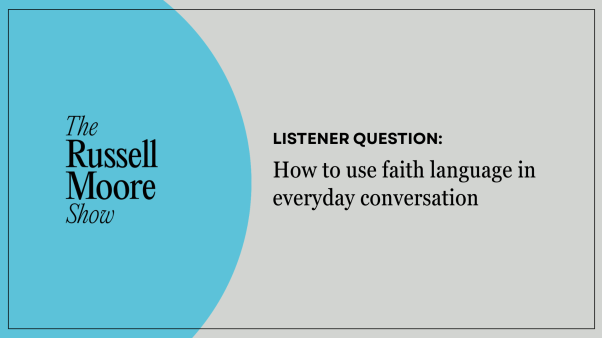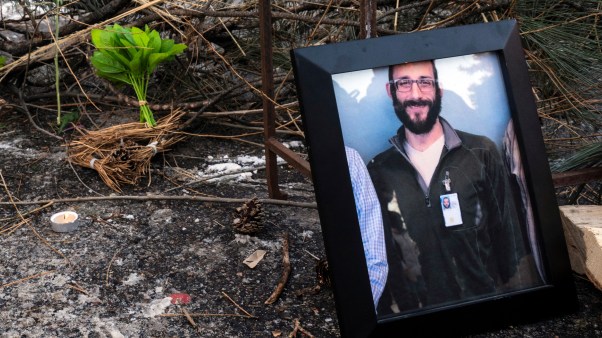The hardest thing about hospital visitation is finding a parking spot!” jokes Kathryn Greene-McCreight, assistant priest at St. John’s Episcopal Church in New Haven, Connecticut. But there’s more to it than just parking and showing up. We asked experienced pastors for their collective wisdom.
1. Pray before you arrive. Whether it’s in your car, on the elevator, or just outside the room, ask God to work through you. “Anyone can visit a hospital,” says Bruce Sonnenberg of Village Church in Irvine, California. “You’re there as a representative of Jesus.”
2. Understand HIPAA. The Health Insurance Portability and Accountability Act places severe restrictions on information that can be disclosed about a patient’s medical record. “A patient will have a list of people who can know about his condition,” explains Steve Murray, pastor of Trinity Baptist Church in Nashua, New Hampshire. “Get on that list.”
Herb Flitton, a chaplain at North Dakota State Hospital in Jamestown, North Dakota, notes, “Most health professionals don’t like HIPAA any more than clergy.” To smooth your interactions with hospital staff:
- Identify yourself as a pastor.
- Ask for the room number of your parishioner—this implies you already know that the patient has been admitted, which is itself restricted information.
- If you receive resistance, ask the staff or receptionist to pass on a message that the patient contact you or approve you for the release of information.
3. Have a plan, but don’t expect to use it. Know what you want to do when you visit. Don’t get caught fumbling for a story or Bible verse or expecting the patient to direct the conversation. Balance that plan, with a healthy dose of discernment. If the patient is falling asleep, cut your story short.
4. Don’t obstruct the flow. Pastor of First Presbyterian Church in Cambria, Wisconsin, Kristin Frederich recalls some timeless seminary advice: “Whatever you do, don’t get in the way of plugs or tubes.” Most hospital staff are easy to work with once you introduce yourself, explain why you’re there, and determine to let them do what they need to do.
5. Keep it short. Visit for ten minutes or so, less if the person is in discomfort. “People don’t realize how exhausting it is to be a patient,” offers Greene-McCreight. Between medicines, therapies, and other visitors, many patients are too tired to talk.
6. Be sensitive, but not timid. “Don’t avoid the pressing conversations about surgery or a serious diagnosis,” says Flitton. Also, assess the depth of conversation. Ask yourself, Is this a time to address fears? Is this a good time to be silent? Sonnenberg recommends that when visiting patients, pastors “look into their eyes to see their heart, to see if they’re tired or scared.”
Greene-McCreight says “This is not the time to talk about all the bad news in the world. It’s not the time to talk about yourself, either—which can come across as uncaring.”
7. Lend a healing touch. Sonnenberg points out, “A pastor’s touch can represent some of the only non-clinical contact a patient receives.” Frederich calls this a direct extension of Jesus’ ministry as he touched the sick and dying. Take a hand while praying or reading Scripture. Before you initiate any kind of touch, however, ask permission.
8. Don’t rush out the door. Be sensitive to certain situations when it is best to stay longer—when the patient has few visitors, needs practical help, or clearly desires the counsel of a pastor. Feel free to sit in silence, too. “What you say isn’t really important,” counsels Frederich. “Your presence matters more than anything.”
9. Remember the family. “A lot of people in the hospital need to do business with God,” says Murray. But, he advises, “don’t overlook the family that is waiting around.” They often require similar pastoral care. Visit at least once while the family is there and share your desire to serve them, too.
Copyright © 2007 by the author or Christianity Today/Leadership Journal.Click here for reprint information on Leadership Journal.









